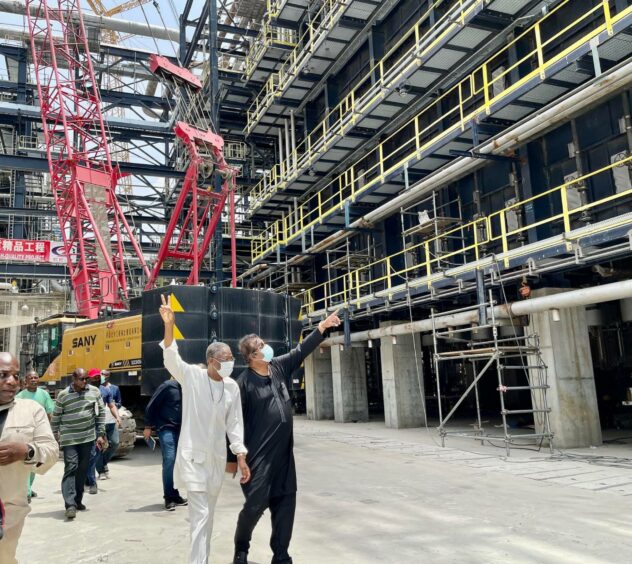
Nigerian presidential hopeful Atiku Abubakar has set out his plans to tackle the country’s power problems – and the ongoing place for gas.
The Transmission Company of Nigeria (TCN) saw the national power grid shut down this week as a result of union activism.
Two unions, the National Union of Electricity Employees (NUEE) and Senior Staff Association Electricity and Allied Companies (SSAEAC), temporarily halted work on August 16. The unions had warned of an indefinite strike to follow, but agreed to halt strikes for two weeks.
TCN reported that union members switched off a number of transmission and feeder lines, triggering a load imbalance.
Abubakar, a former vice president, said the disruption gave him renewed confidence in his policy plans “to lead Nigeria out of darkness”.
As a first step, he said, the federal government will hand states the control of generation, transmission and distribution.
In addition, he said, an Abubakar administration would ensure investments went into the entire electricity sector, rather than just generation. His government would provide incentives for private investors to develop new mini-grid transmission systems.
New generation would come from a mix of renewable and fossil fuels, he said.
Challenges
NUEE and Abubakar have clashed in the past over his plans for the sector, including the privatisation of TCN. The union, in June, said the presidential candidate intended simply to sell of Nigeria’s government held assets.
Abubakar was in charge of previous privatisation drives, it said. “Some persons have been alleged of literally buying almost every enterprise on offer through their cronies and fronts,” NUEE said. Of the more than 60 enterprises privatised by Abubakar, “how many of them are functioning optimally?”
Abubakar’s Peoples Democratic Party (PDP), in a statement today, said privatisation had “exploded our GDP and created jobs”.
The presidential candidate continues to face questions around the extent of his business investments.
“I stand to say that I have no interest either directly or indirectly in any generator company, as has been publicly revealed,” he said in his statement.
Abubakar has repeatedly denied allegations that he owns Mikano International, which provides generators and domestic energy.
“I own bigger companies and they’re known publicly, why would I deny this one?” he said in 2017.
Recommended for you

